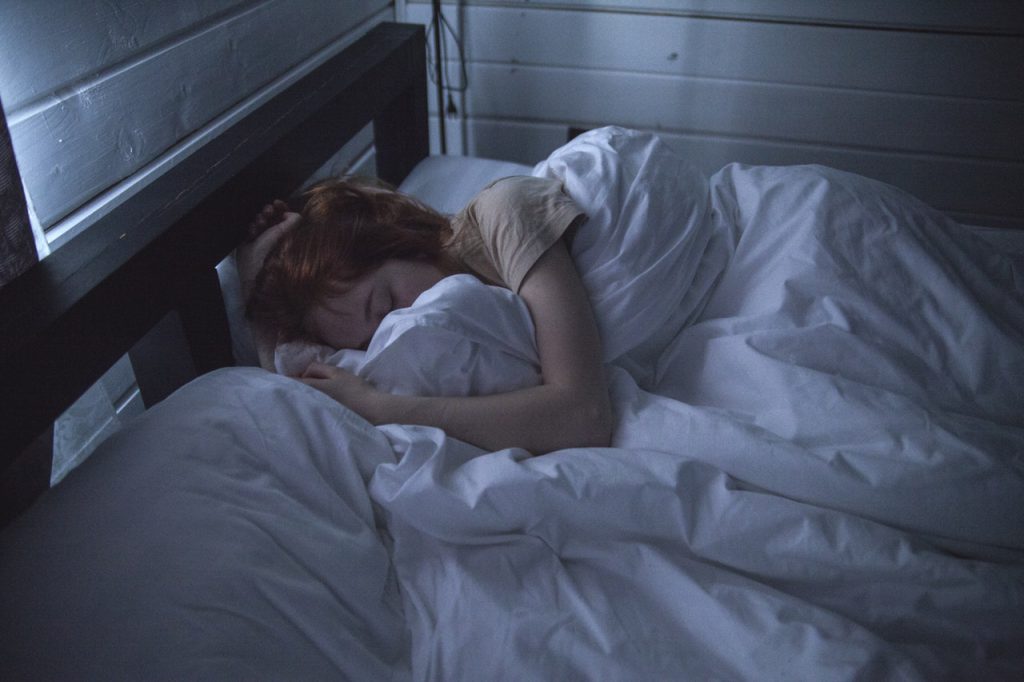Mankind is very fascinated when it comes to sleep. That is why many psychologists try to understand what happens when we are asleep and all the things go through our body when we are in a deep slumber. Just like in popular puzzle games, scientists are pretty much stumped in getting the answers to all the curiosity that people have regarding the mystery of sleep. This questions that remain unanswered have spawned various explanations that are passed down generation by generation. When these explanations and stories have become a part of the culture of the people, this will turn into legends and myths and will eventually become an accepted fact. In this article, we will revisit all the myths and legends about sleep and we will try to find out if these are true or just interesting facts that have just been passed down to our time.
Snoring is not a Serious Problem
Many people like to think that snoring is just a common occurrence when sleeping. Others connect it to being tired when going to sleep and dismiss the fact that snoring can be a sign of a more serious problem that tells something about the health of a person. Snoring or sleep apnea is a medical disorder that is characterized by a sudden stopping and starting of breathing during sleep. Others consider snoring to be common and that it is nothing harmful. However, snoring is usually a sign of a more serious condition that can increase the occurrence of stroke, heart attack, and high blood pressure.
Sleeping With a Full Stomach Causes Nightmares
People believe that going to bed with a full stomach will cause them to have nightmares while sleeping. However, this is not totally true. While eating before sleeping will increase your brain activity during sleep, especially in the sleeping stage call REM where dreams usually occur, there haven’t been enough studies that correlate eating before going to bed to having nightmares. Doing that will undoubtedly lead to other consequences though such as increased fat gain because you will not have an opportunity to burn the calories that you intake before going to sleep.
As You Grow Old You Need Less Sleep
There is a common misconception that as people grow older, the number of hours of sleep that they need tend to get shorter too. This is not true since all adults require more or less 7 to 8 hours of sleep regardless if they are younger or older.
These are just some of the most common misconceptions about sleep that we tried to debunk. If you have more in mind, let us know in the comments section.

Kim is a nerd who loves to discover all of the interesting things on the internet. When she is not surfing the web, you can find her binging on her favorite Netflix TV shows.
